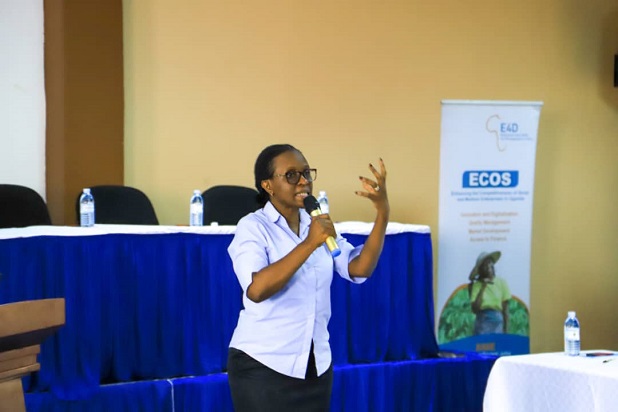The unequal distribution of female and male workers across different job types and within job roles frequently serves as a core factor contributing to gender disparities in job quality, wage levels, and employment trajectories.
Segregation at the workplace remains a major contributor to gender inequality. A study conducted by the United Nations Development Programme (UNDP) in 2012, examining staff composition within Uganda’s Public Service, revealed that men made up 67 percent of the workforce, while women constituted just 33 percent. Relatedly, the Uganda Gender Policy (UGP) of 2007 reported that women held a mere 17.4 percent of the positions of permanent secretaries, heads of departments, and divisions within the civil service, with men occupying the remaining 82.6 percent. These figures fall short of the internationally recommended minimum of 30 percent representation at the highest levels. This gender imbalance is not unique to the public sector and is similarly prevalent within the private sector.
“Women and men are the same, but their rights, responsibilities, and opportunities do not depend on whether they are born female or male,” emphasised Zaina Asiimwe, a Gender Diversity Specialist. “Gender equality is not only a human right but also a key driver for achieving Sustainable Development Goals (SDGs), reducing poverty, and promoting economic participation,” she said.
Asiimwe emphasised that there should be an equitable ratio of men and women in the workplace to ensure they have equal opportunities regardless of their gender.
Asiimwe underscored the need for “consistent hiring, equal pay for the same level of effort, and access to resources, promotions, or pay for both men and women.”
Gender diversity offers significant economic promise. It serves as a powerful tool in driving innovation and growth within enterprises by bringing forth diverse viewpoints and talents.
“Most importantly, it creates more inclusive and safer workplaces, which increases employee satisfaction,” Asiimwe said.
Legal framework
Josephine Mukumbya, the Executive Director of the Agribusiness Development Centre, shed light on the legal framework supporting gender diversity and equality in SME development. She pointed out that laws, such as the Equal Opportunities Commission (EOC) and the Employment Act 2006, “promote affirmative action and non-discrimination in the treatment and enjoyment of human rights irrespective of gender and age.”
The Domestic Violence Act 2010 and the Uganda Gender Policy 2007 also contribute by addressing gender-related differences and inequalities.
To ensure compliance, SMEs must advocate for “equal pay for work of equal value” and strive to “eliminate violence and harassment at workplaces.”
Business case
The business case for gender diversity management is compelling. Mukumbya stressed that SMEs should maintain a gender-diverse, inclusive workforce to “benefit from the best talent – irrespective of gender.”
Diverse companies, according to a Boston Consulting Group (BCG) study, “generate nearly twice as much innovation revenue and tap into new markets.”
Gender diversity also enhances the image and reputation of businesses, which serves as a valuable tool for reputation and winning business.
Women-led or women-owned enterprises are likely to attract support from various partners addressing capacity building, skilling gaps, linkage challenges, market expansion, and financing gaps. These partners include; Women in Business (WIB) by dfcu Bank, Business Acceleration Program (BAP) for women in agribusiness powered by dfcu Bank and Rabo Foundation, Young Africa promoted by Mastercard Foundation, Academy for Women Enterprises by the US Mission in Uganda, Ayute Africa Challenge GROW by Heifer International, Generating Growth opportunities & productivity for Women entrepreneurs by the World Bank through the Private Sector Foundation (PSFU), Uganda Women Entrepreneurship Programme (UWEP) by the Ministry of Gender, Labour, and Social Development, Uganda Development Bank’s Women Prosper Loans, and “Women in Business Program by Centenary Bank.
Discrimination, primarily during staff recruitment, is often influenced by unconscious bias and prejudices. According to Mukumbya, organisations must ensure their recruitment processes are free from gender bias. To maximise the advantages of a gender-diverse workforce, Mukumbya recommended the successful integration of newcomers by providing adequate information on gender diversity and its benefits.
She suggested that enterprises should create Gender Action Plans (GAP) to cement their commitment to gender diversity and inclusion.





